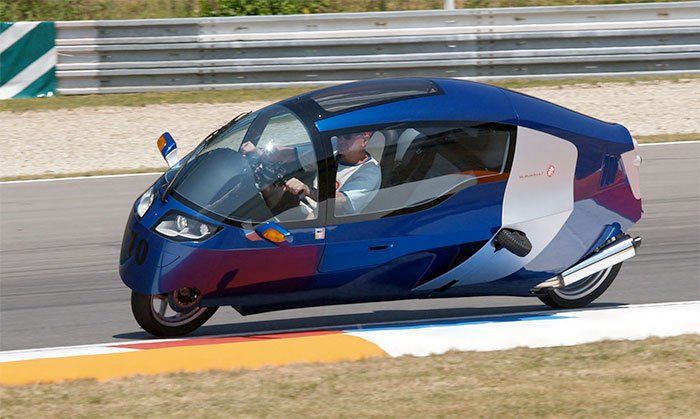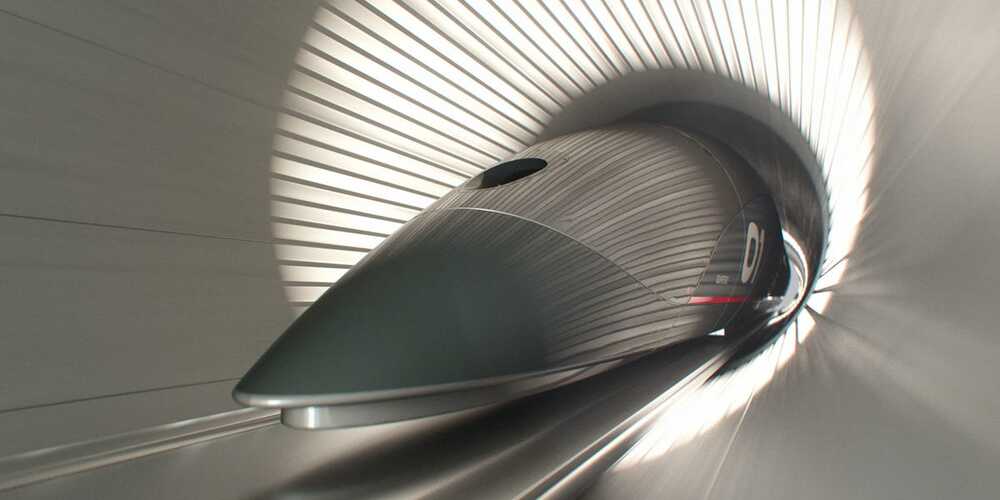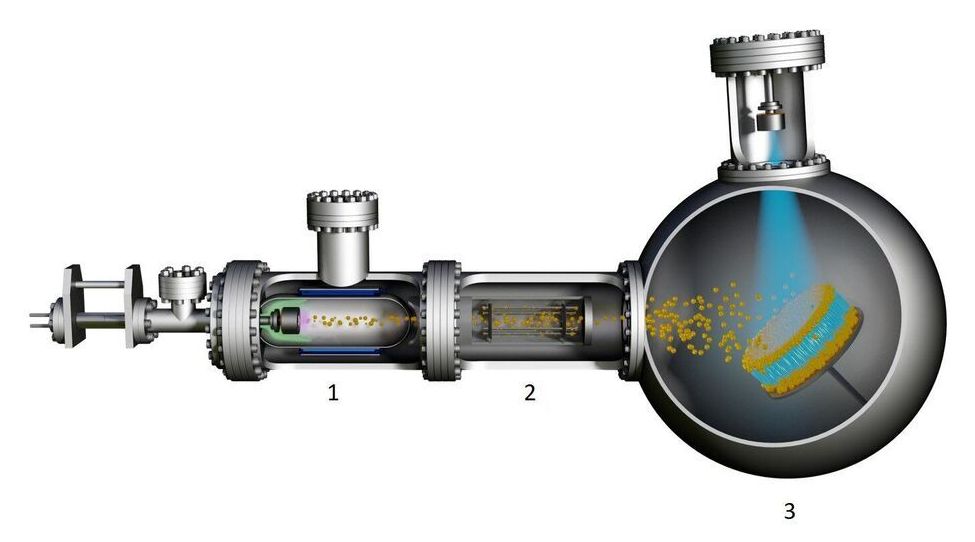Governments consider regulation as the popularity of investing in cryptocurrencies grow.




Facilitating Novel Health-Tech and Bio-Medical Innovations For Over 9 Million Veterans — Dr. Rachel Ramoni, Chief of R&D, U.S. Department of Veterans Affairs.
Dr. Rachel Ramoni, is the Chief Research and Development Officer of the United States Department of Veterans Affairs (VA), where she oversees their nationwide research enterprise, encompassing some 2000 active projects, at more than 100 sites, with a total budget of $2 billion in both direct VA support, and research funding from outside entities such as the National Institutes of Health, other federal agencies, and nonprofit and private organizations.
The United States Department of Veterans Affairs (VA) is a federal Cabinet-level agency that provides comprehensive healthcare services to military veterans at over 1000 VA medical centers and outpatient clinics located throughout the US – It also provides several non-healthcare benefits including disability compensation, vocational rehabilitation, education assistance, home loans, and life insurance; and provides burial and memorial benefits to eligible veterans and family members.
The VA serves over 9 million enrolled Veterans each year, employs over 377000 people with an annual budget of $200 billion.
Dr. Ramoni earned a Doctor of Medicine in Dentistry degree from the Harvard School of Dental Medicine, as well as a Master of Science and Doctor of Science in epidemiology from the Harvard School of Public Health.

When most of us picture the shape of the Milky Way, the galaxy that contains our own sun and hundreds of billions of other stars, we think of a central mass surrounded by a flat disc of stars that spiral around it. However, astronomers know that rather than being symmetrical, the disc structure is warped, more like the brim of a fedora, and that the warped edges are constantly moving around the outer rim of the galaxy.

Excerpts from an enlightening interview / conversation conducted by Brian Kennedy with Matt Kaeberlein on the biology of aging.
The interview took place in November 2020 as the first one under the healthy longevity webinar series organized by Brian Kennedy from the National University of Singapure (NUS).
During the conversation, Matt Kaeberlein makes a nice description about what aging is, as well as about therapies, drugs and other interventions that, at least in animals of various kinds, manage to modulate (delay / reverse) the progress of aging.
Among other projects, Matt Kaeberlein tells us that he’s planning to conduct an evaluation of various antiaging interventions in dogs.
To watch the entire interview, which has no waste, follow the link in the description of the video.
The interview took place in November 2020 as the first one under the healthy longevity webinar series organized by Dr. Brian Kennedy from the National University of Singapure (NUS).

Using AI and computer automation, Technion researchers have developed a ‘conjecture generator’ that creates mathematical conjectures, which are considered to be the starting point for developing mathematical theorems. They have already used it to generate a number of previously unknown formulas. The study, which was published in the journal Nature, was carried out by undergraduates from different faculties under the tutelage of Assistant Professor Ido Kaminer of the Andrew and Erna Viterbi Faculty of Electrical Engineering at the Technion.


New research conducted by the Okinawa Institute of Science and Technology Graduate University (OIST) has identified a specific building block that improves the anode in lithium-ion batteries. The unique properties of the structure, which was built using nanoparticle technology, are revealed and explained today in Communications Materials.